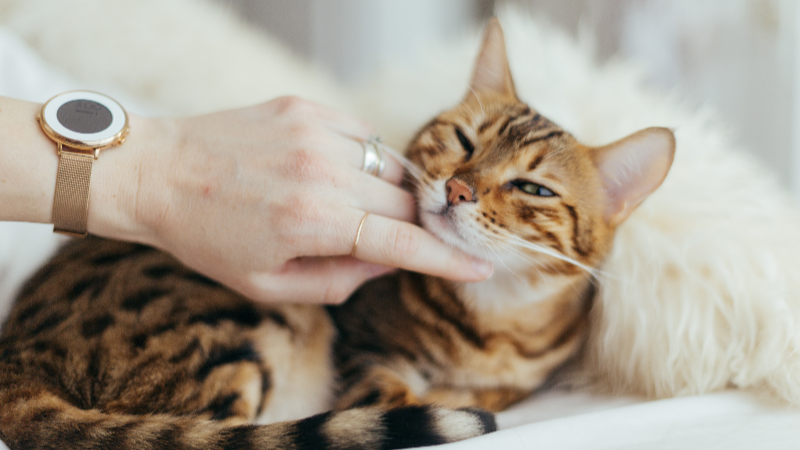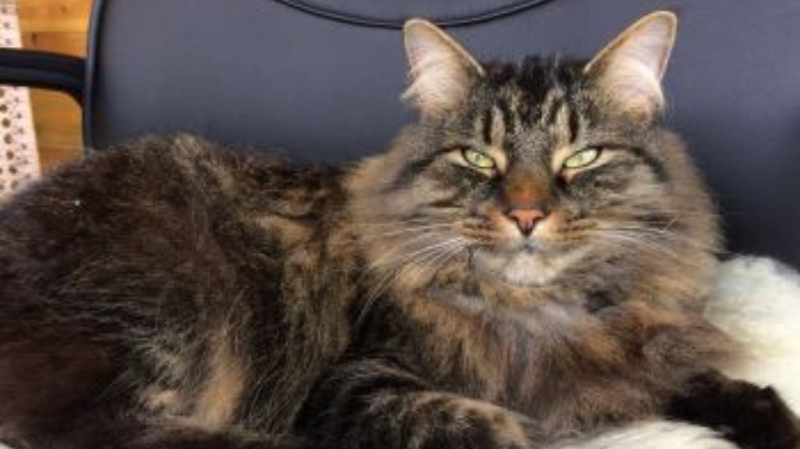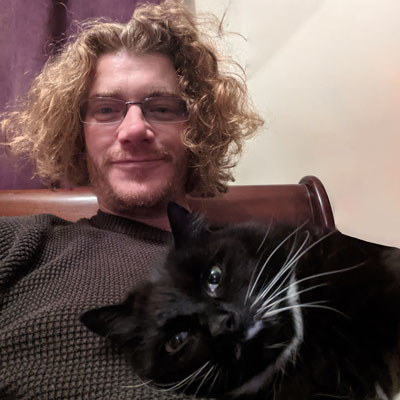You can bond with your cat by just narrowing your eyes
New study shows how you can build rapport with your feline friend using a simple squinting technique

Get the best advice, tips and top tech for your beloved Pets
You are now subscribed
Your newsletter sign-up was successful
A team of psychologists in the UK has been spending their time usefully, for cat owners at least, by looking into how you can build rapport with the feline friends in your life.
The secret to attractiveness to cats it seems is all down to the eyes, to be specific, narrowing them. There is evidence to suggest this may be a cat’s equivalent to a human smile, so using this ‘slow blink’ technique you can make cats less aggressive to you, and encourage them to make friends. It’s also possible to communicate with them back and forth just using eye movements.
- Best microchip cat flap: Keep out unwanted feline guests
- The best dry cat foods: King of cat kibble revealed
- Best cat toys: Keep your feline friend occupied with these great toys
The study found that cats were more likely to slow blink at their owners if their owners had slowed blinked at them, compared to when the owner was present in the room without blinking. This also worked for people the cats were unfamiliar with. More excitingly, cats preferred to approach an experimenter after they had slow blinked at the cat than if they had maintained a neutral expression.
It’s easy to give the technique a go yourself, as one of the psychologists behind the study, Professor Karen McComb, explains: “Try narrowing your eyes at them as you would in a relaxed smile, followed by closing your eyes for a couple of seconds. You’ll find they respond in the same way themselves and you can start a sort of conversation.”

A long drawn out stare between cats is thought to usually be a threat in a social situation, so it’s possible that this is a technique cats have developed themselves to break that tense stare and show they aren’t interested in confrontation.
Professor McComb adds: “As someone who has both studied animal behaviour and is a cat owner, it’s great to be able to show that cats and humans can communicate in this way. It’s something that many cat owners had already suspected, so it’s exciting to have found evidence for it.”
You can see the study here.
Get the best advice, tips and top tech for your beloved Pets
Jamie Middleton is a freelance editor and writer who has been editing and creating content for magazines and websites for over 20 years. As well as writing about the pets he loves, he has helped create websites about tech and innovation like TechRadar.com, Innovate UK and TechSPARK, written programmes for music festivals, books on inventions and architecture, TV listings magazines, and edited publications about cars such as Lexus, Toyota and Jaguar. In his spare time he writes fiction books and poetry - or at least he does when he is permitted to by his cat Pirate, who enjoys the warmth of laptops too much to allow being creative to get in the way.

